8 questions answered by Wolfram Buchenberg
The composer Wolfram Buchenberg answered 8 questions about his work:
Your most impressive concert experience?
was in actual fact a rehearsal experience which set the course for my entire future. At the age of 11, I happened to discover a rehearsal of Bach’s motet Singet dem Herrn ein neues Lied (Sing now to god) for double chorus taking place in the Marktoberdorf high school, which fired my imagination. Two month later, I was allowed to join the choir myself and have been an enthusiast of choral music ever since.
What was your very first composition?
It is stored away at the back of a drawer awaiting the Day of Judgement.
Which other composers have provided you with inspiration?
Perotin, Bruckner, Ravel, Debussy and Messiaen.
Which text authors prompt you to hear music in your mind?
No, that’s not the way I work …
Where is your favorite location for composing?
At the North Pole. Unfortunately, I have never been there.
When you are not composing… … I am allowed to be a human being.
If traveling through time were possible, you would …
… like to milk a female Tyrannosaurus Rex with her (apparently!) 7 teats. That was always my childhood dream as a son of a farmer.
Do you play an instrument or do you sing?
Not either/or: I do both!! Both are integral parts of the practical school piano lessons I teach.
Wolfram Buchenberg
Dum medium silentium
Choral works
Cantabile Regensburg; Matthias Beckert
Carus 83.504

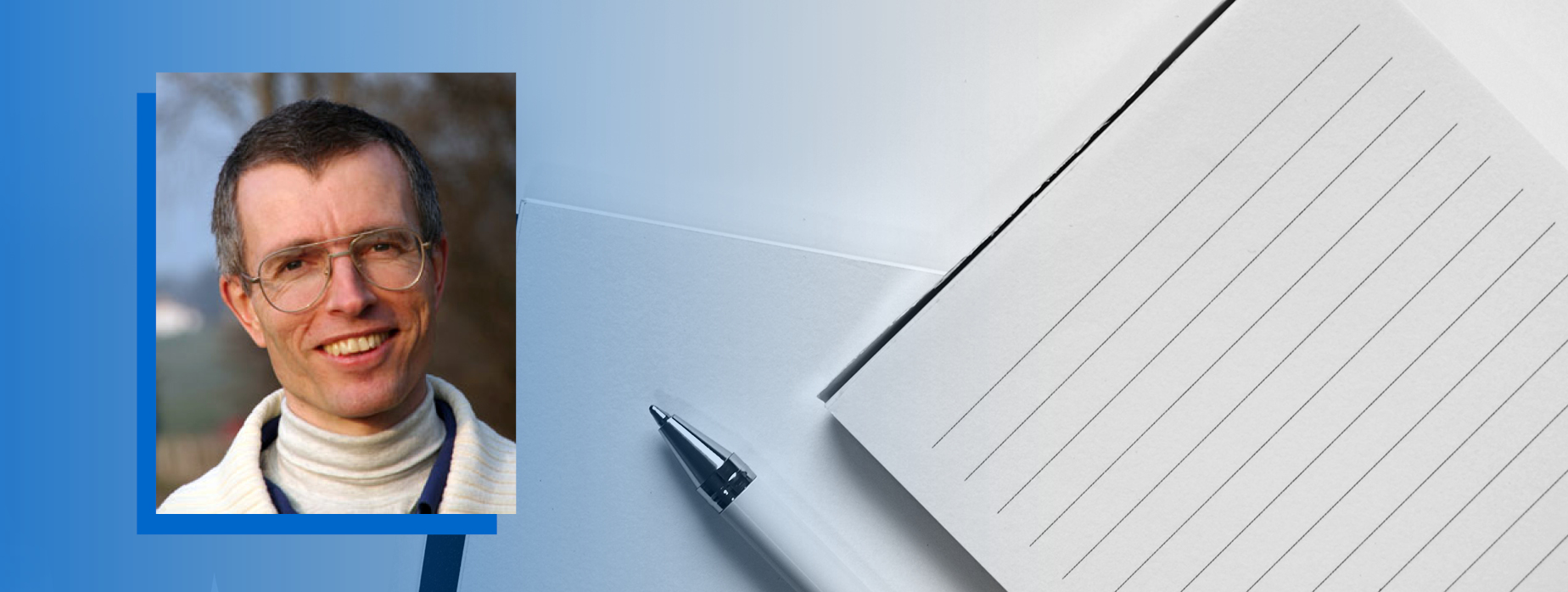
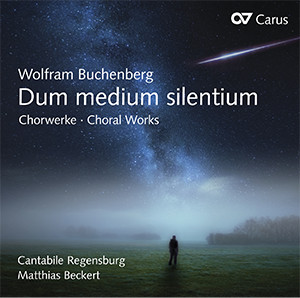
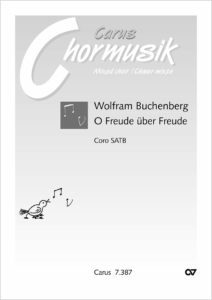
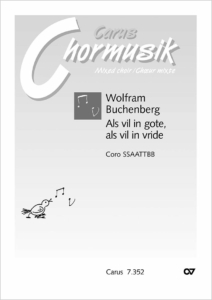
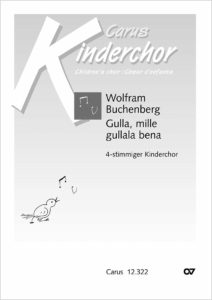
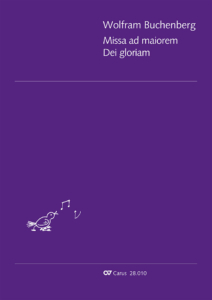
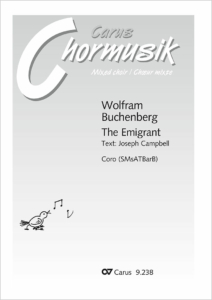
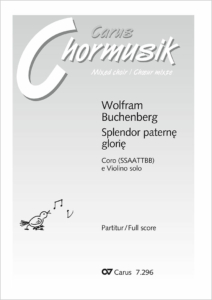


Leave a Reply
Want to join the discussion?Feel free to contribute!